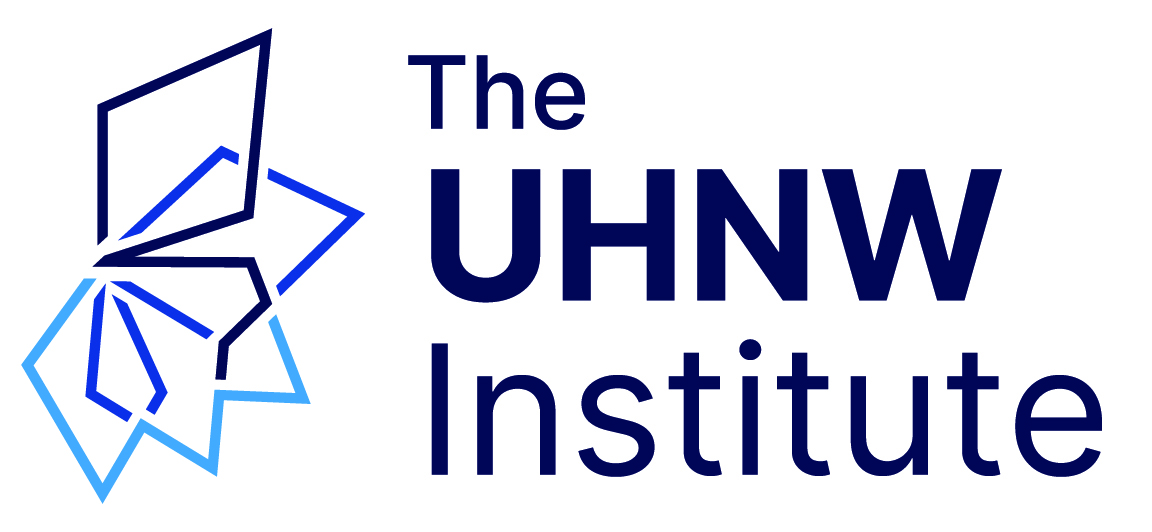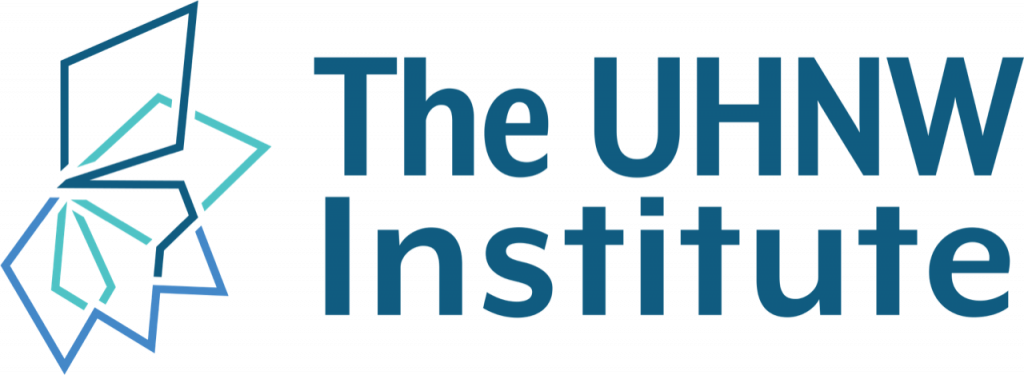COVID-19 AND DOMESTIC STAFF
Author: Teresa Leigh
Please click here for the original piece.
WAYS TO LIMIT COVID-19 WITH THE HELP OF DOMESTIC STAFF
Busy households and properties can be difficult to manage without a national crisis, but the easy transfer of infection with Covid-19 combined with the need for daily service staff can be highly emotional and exhausting for many homeowners. The following is an easy guide on how to lower the homeowner’s risk of infection and safely mitigate risk with household and property staff.
In addition, it is important to remember that household staff and service vendors and their employees may not appear ill, but they might be carriers of Covid-19. The surfaces they have come into contact with and/or touched may also carry the Covid-19 virus for up to 72 hours. Be vigilant when handling items that may not have been thoroughly cleaned or gone through a quarantine process.
HOUSEHOLD GUIDELINES FOR MINIMIZING THE RISK OF INFECTION
1. Designate a decontamination staging area for the entry and exit of employees, service vendors, deliveries, and packages. The use of the garage area, the guest house, or even a carport can provide enough open space to allow people to put on and remove PPE (Personal Protection Equipment) and to separate food and other packages for cleaning and/or quarantine before those items can be taken into the residence. (For those residing in an apartment or condominium, the decontamination staging area can be the area outside the entry door of the residence. Use lockable containers for basic PPE items and packages. These should be placed at a distance from other containers used for contaminated items that should go directly to the laundry or trash before entering the home. If this is not practical, a room closest to the entry can be set up for incoming items to be cleaned and/or quarantined.)
2. Equip the staging area with basic PPE items for employees and service vendors, e.g., face masks, goggles, gloves, and shoe covers.
3. Require employees to wash their hands before beginning their workday and frequently throughout the day.
4. Train your employees on how to interact safely with all service vendors and delivery personnel by requiring the use of basic PPE and social distancing when working in the household or on property.
5. Avoid the use of cash when purchasing household and food items. Designate a credit card with a limited value when purchasing items. The credit card must be sanitized after every use.
6. Limit the number of household and property employees to one interior and one exterior when practical.
7. Require service vendor employees to utilize the designated decontamination staging area for entry, and exit, to wash their hands thoroughly before entry and to use PPE while working.
8. Consider ‘camping out’ at home without staff or service vendors. Limit all incoming packages and contact with other individuals or social groups until the virus passes.
BEST PRACTICES FOR MANAGING HOUSEHOLDS AND PROPERTY EMPLOYEES DURING COVID-19
1. Provide clean uniforms and washable footwear staff can change into for their work shift. These new uniforms can consist of a simple T-shirt, khakis, and canvas tennis shoes for easy washing.
2. Provide regular compensation for a limited or extended period of time when laying off or furloughing employees. Employers must be consistent in their compensation practices.
3. Avoid terminating employees during this time.
4. Follow the U.S. Department of Labor regulations. Household employees such as housekeepers, houseman, nannies, personal assistants, and cooks are hourly employees and must be paid for overtime should their work hours exceed 40 hours in one work week. As per The California Department of Labor, overtime must be calculated when work exceeds 8 hours in one work day. All overtime pay is calculated at 1.5x the normal rate of pay. Employees should not be ‘tipped out’ or paid cash for overtime wages.
5. Compensate employees who have been requested and agree to stay overnight for their sleep time ‘at work’ at the minimum wage rate per hour.
6. Send employees home if they appear ill or have a fever.
7. Contact the employee’s emergency contact immediately if the employee is unable to get home safely.
8. Call 911 immediately if the employee appears to have a high fever or is unable to breath properly.
Contact your Advisor on household and property employees for more information on managing the stress and potenial chaos with domestic staff.
Learn from an expert. Teresa Leigh Household Risk Management will provide effective ways for homeowners to communicate with their domestic staff and establish a decontamination staging area at each residence. See link for additional articles: www.teresaleigh.com/press/articles

